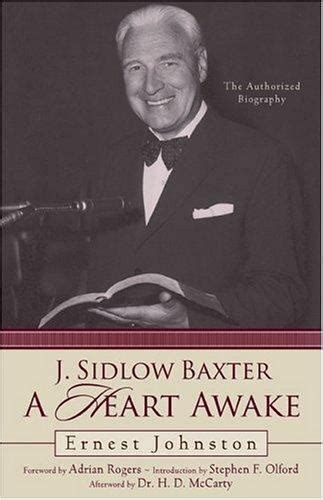A Quote by Billy Collins
Some difficulty is warranted and other difficulty I think is gratuitous. And I think I can tell the difference. There are certainly very difficult poets that I really enjoy reading.
Quote Topics
Related Quotes
That famous writer’s block is a myth as far as I’m concerned. I think bad writers must have a great difficulty writing. They don’t want to do it. They have become writers out of reasons of ambition. It must be a great strain to them to make marks on a page when they really have nothing much to say, and don’t enjoy doing it. I’m not so sure what I have to say but I certainly enjoy making sentences.
I've always been more than a little mystified by poets who seem to think talking to people as directly as possible is a bad thing. I mean, I don't want to set up a straw man here: I understand that for many poets - and for me, at times - writing truly means writing in a way that is difficult, simply because the poem is trying to grasp for something elusive. So the difficulty of the poem is just unavoidable, and not in any way artificially imposed. So "as possible" is the key part of the phrase above, I suppose.
We can tell people abstract rules of thumb which we have derived from prior experiences, but it is very difficult for other people to learn from these. We have difficulty remembering such abstractions, but we can more easily remember a good story. Stories give life to past experience. Stories make the events in memory memorable to others and to ourselves. This is one of the reasons why people like to tell stories.
Some people measure the worth of good actions only by their natural qualities or their difficulty, giving the preference solely to what is conspicuous or brilliant. Such men forget that Christian virtues, which are God's inspiration, should be viewed from the side of grace, not that of nature. The dignity or difficulty of a good action certainly affects what is technically called its accidental worth, but all essential worth must come from love alone.
And if I'm guilty of having gratuitous sex, then I'm also guilty of having gratuitous violence, and gratuitous feasting, and gratuitous description of clothes, and gratuitous heraldry, because very little of this is necessary to advance the plot. But my philosophy is that plot advancement is not what the experience of reading fiction is about. If all we care about is advancing the plot, why read novels? We can just read Cliffs Notes.
Well, I think it’s extraordinarily fun to write, and I look forward to it every day, but that doesn’t mean I think it’s easy. There’s a difference between the two. It’s fun in the way all worthwhile things are fun – there’s difficulty attached to it. I think that a writer has to accept a certain amount of frustration. It’s inherent in the task, and you have to simply persevere. It’s part of the definition of the work.





































